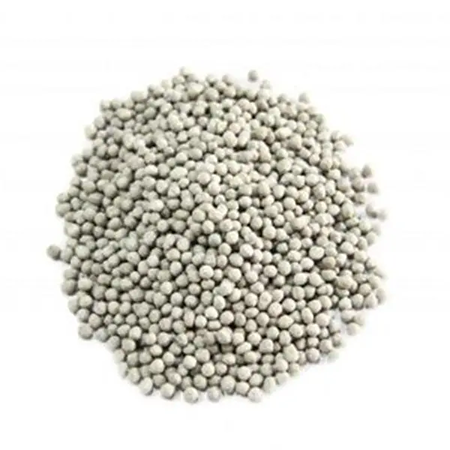Monoammonium phosphate (MAP) is widely recognized in agriculture for its excellent properties that contribute to healthy plant growth and development. As an important source of phosphorus and nitrogen, MAP plays a vital role in improving the overall productivity and vigor of crops. In this blog, we will delve into the various uses of monoammonium phosphate for plants, highlighting its unparalleled benefits and significance in modern agricultural practices.
Monoammonium monophosphate (MAP) is a highly water-soluble fertilizer that is a great source of nutrients essential for optimal plant growth. Phosphorus is a key component of MAP and plays an important role in various biological processes, including photosynthesis, energy transfer, and root development. By providing an easily accessible source of phosphorus, MAP supports the early growth stages of plants and helps form strong root systems, ultimately increasing yields and crop quality.
In addition to phosphorus, mono ammonium phosphate also contains nitrogen, another essential nutrient critical to plant growth and development. Nitrogen is essential for the formation of proteins, enzymes, and chlorophyll, all of which are vital to the overall health and vitality of your plant. By providing readily available nitrogen, MAP promotes healthy leaves, robust stem growth and increased resistance to environmental stress, thereby helping to increase crop yields and enhance nutritional value.
One of the primary uses of mono ammonium phosphate for plants is its ability to correct nutrient deficiencies in the soil. In many agricultural areas, the soil may lack sufficient levels of phosphorus and nitrogen for optimal plant growth. By using MAP as fertilizer, growers can replenish these important nutrients, ensuring plants are getting the essential elements they need for nutrition and health. Therefore, using MAP helps prevent nutrient deficiencies, support healthy plant growth and maximize agricultural productivity.
Additionally, mono ammonium phosphate is an effective and economical way to provide essential nutrients to plants. Its high solubility and rapid uptake by plants make it a highly effective fertilizer that delivers nutrients immediately, especially during critical growth stages. This rapid supply of nutrients ensures that plants have access to the resources they need to grow and develop efficiently, ultimately increasing crop yields and overall profitability for the grower.
To sum up, mono ammonium phosphate has a wide range of uses and high benefits for plants, and is an indispensable tool in modern agriculture. From providing vital nutrients to correcting soil deficiencies and promoting healthy plant growth, MAP plays a key role in increasing agricultural productivity and sustainability. As growers continue to seek innovative solutions to optimize crop yields and environmental management, the importance of monoammonium phosphate in plant growth cannot be overstated. Its unparalleled benefits and versatile uses have cemented its place as a cornerstone of modern agricultural practices, supporting global demand for high-quality nutritious crops.
Post time: Jan-09-2024

